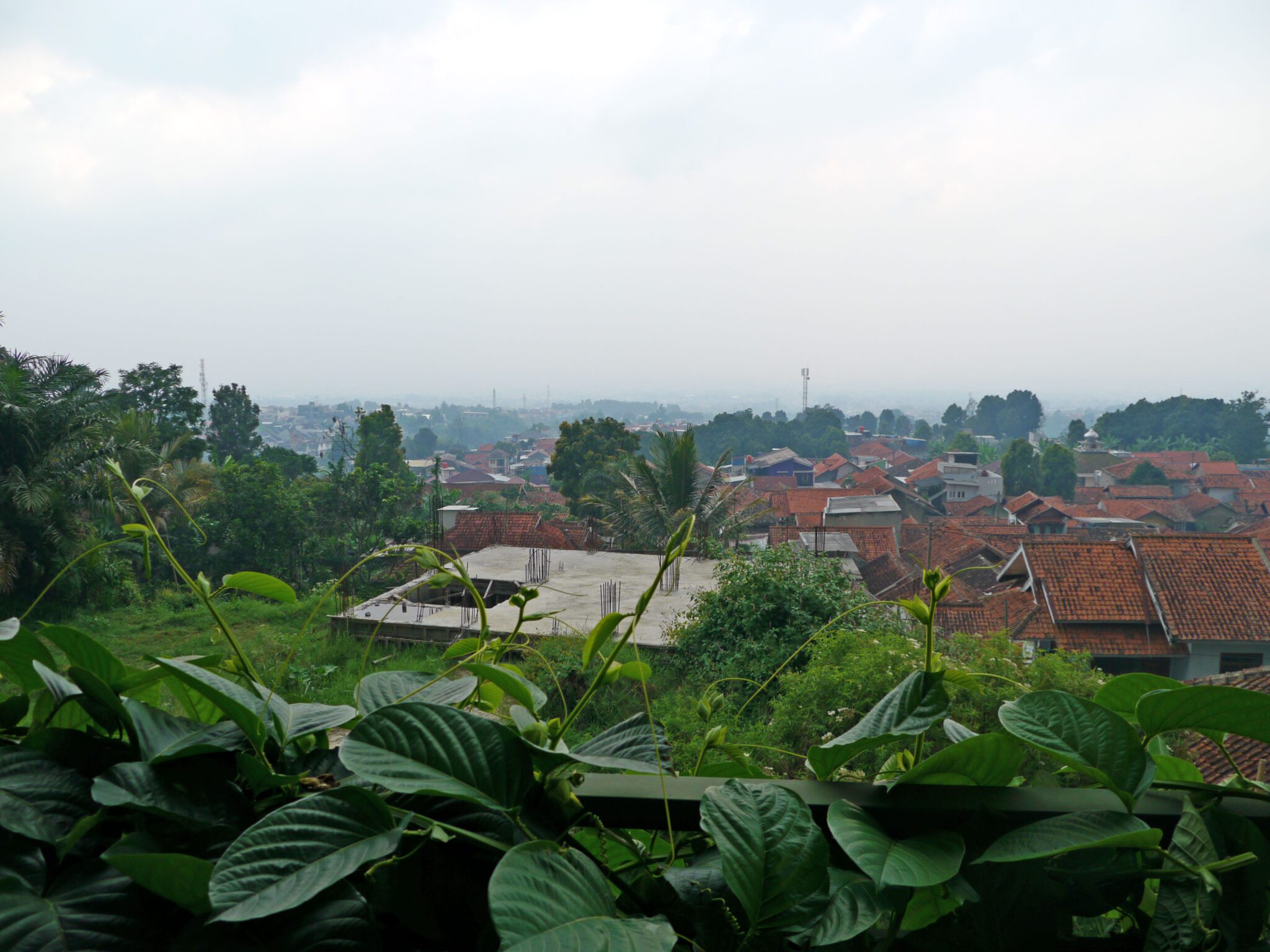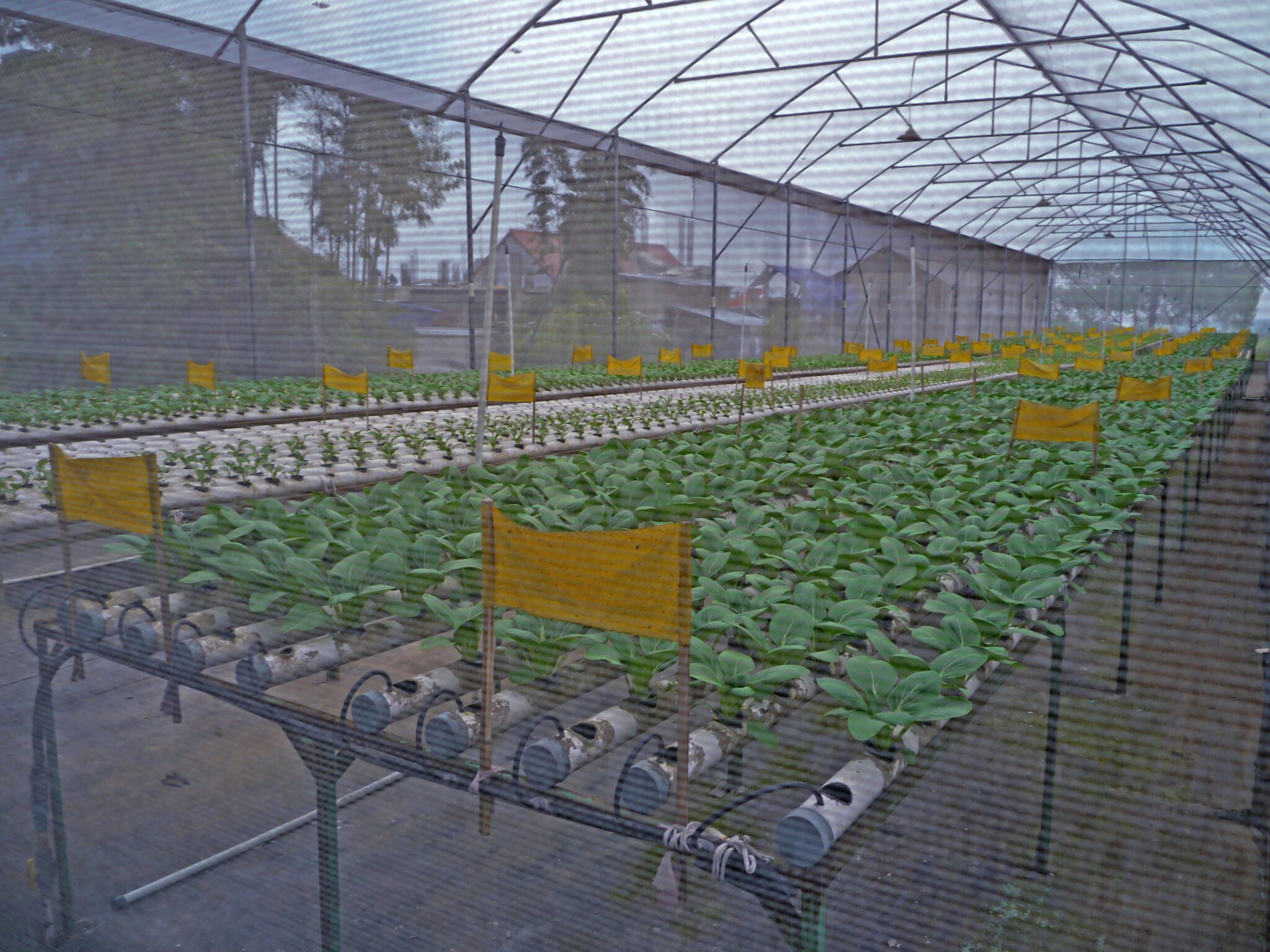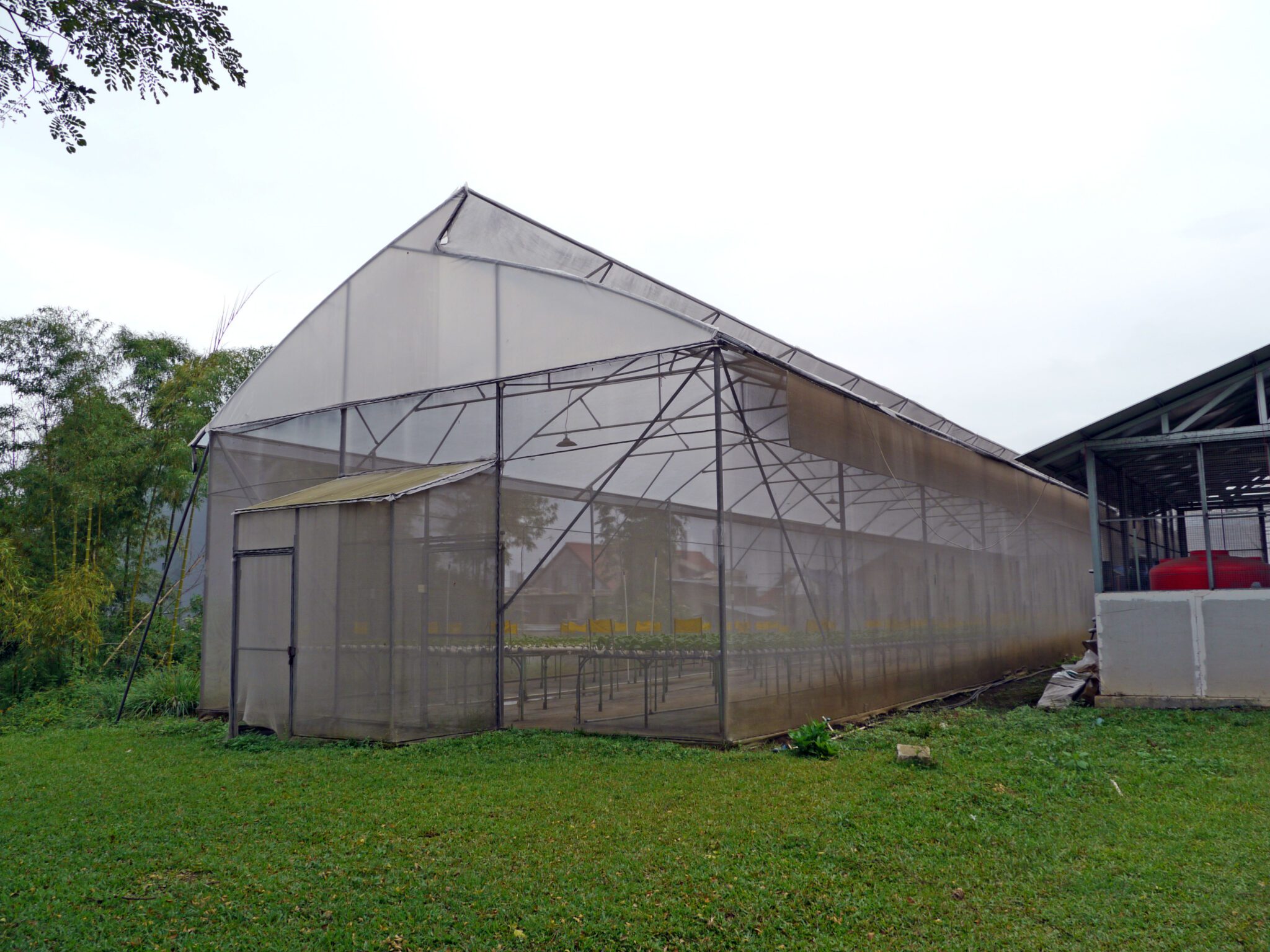But rather than resort to hand-wringing or numbing apathy, some of Indonesia’s foremost conservationists are hopeful.
 Photo by Rashid Dar
Photo by Rashid DarThe Ekopesantren Model
Several hours outside of Jakarta in the city of Bandung, a pesantren called Daarut Tauhid serves as a model for what’s to come. This school already functions as an “ekopesantren,” incorporating environmental studies and sustainable practices into school life. The campus is set amidst lush tropical foliage and enveloped in birdsong.
 Photo by Rashid Dar
Photo by Rashid Dar Photo by Rashid Dar
Photo by Rashid DarCenters of Learning and Practice
As the oldest educational institution in Indonesia, pesantren are influential and strategic sites of change. With five million students enrolled in 36,000 pesantren across the country, the schools are responsible for shaping the values and behaviors of much of Indonesia’s youth. Behavior changes within communities often stem from the schools’ influence. With 70 percent of pesantren located in rural areas, students and teachers already live with a heightened awareness of the natural world.
religion and science can together be “a mobilizing force to answer various challenges in society.”
Related News:
Talk on Ekopesantren:
Eco Madrasah and training imam




